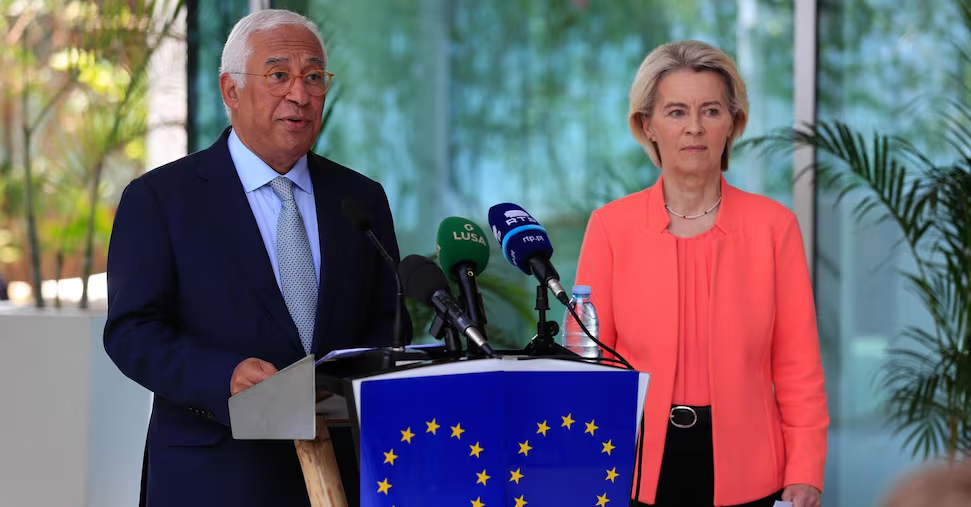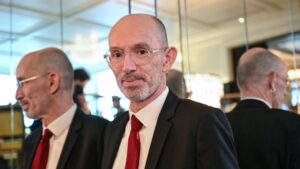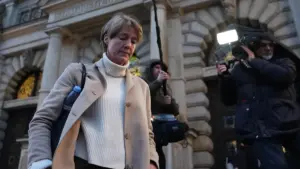
BRUSSELS – In a dramatically changed context, the Group of Twenty-Seven renewed their support for Ukraine yesterday, as the country negotiates a possible peace plan with Washington and Moscow, almost four years after the Russian invasion. The future of Kiev and European security are now up for debate. On their part, member states have three leverages: sanctions against the Kremlin, the prospect of expansion, and immobilized Russian assets at the outbreak of the conflict.
“The European Union is committed to continuing to provide President Volodymyr Zelensky with all the support he needs: diplomatic, military and economic support,” European Council President António Costa told a news outlet yesterday, after chairing an extraordinary meeting of the European Council on the sidelines of the EU-African Union Summit in Luana (Angola). “There is new momentum in peace negotiations.”
European Commission President Ursula von der Leyen’s statement struck a similar tone: “There is still work to be done, but we have a strong foundation on which to build.” For two days, Ukrainian, American and European representatives met in Geneva to discuss the 28-point American peace plan that was circulated last week. In a joint statement, the United States and Ukraine called the talks “constructive, focused and respectful.”
Yesterday’s European Summit demonstrated “unity” among Twenty-Seven Nations, said Mrs. von der Leyen. A union that has been substantially confirmed by diplomats in Brussels. The community’s executive president then added: «Ukraine’s territory and sovereignty must be respected. Only Ukraine, as a sovereign state, can take decisions regarding its armed forces: the choice of its fate is in its hands.”
It is worth reconstructing the developments of the last few days. The American plan began circulating on Tuesday. Talks quickly began between Washington and Kiev. Meanwhile, Brussels has taken a stand since Friday morning, declaring that the plan is unacceptable in the eyes of the European community. Ultimately, in his televised speech, President Zelensky opened the door to negotiations, and appeared much more open to possibilities than the European Union.





